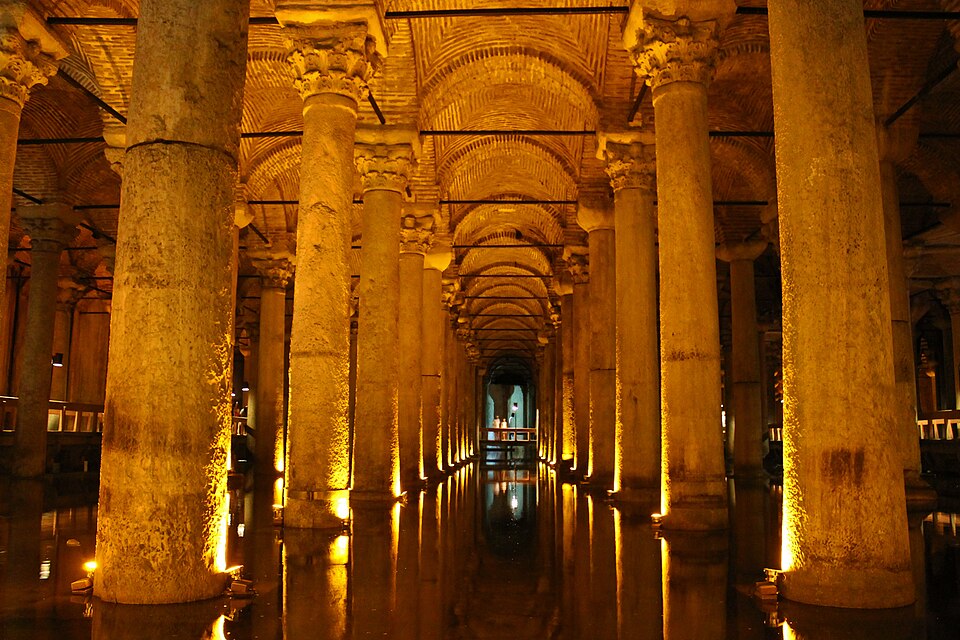I frequently fantasise about a future in which the culture of the privately owned car has evolved to something more compatible with life on earth: In this future, cars are not status symbols any more. They have been reduced to transport-supporting appliances, just like a wheelchair, a crutch, a utility van, or a freight train. Public transport covers -for real- most of people’s mobility needs, and humans have stopped longing for an immediacy that isn’t taking them anywhere. People appreciate casual wait as an opportunity to be present and mindful, as opposed to programming 10 minutes of daily meditation within an already tight schedule. In this future, vast avenues, parking lots and other spaces are freed from private cars and ready to be repurposed.
In Spain, a vast network of underground residential parking in our commonplace high-rise buildings would be available in cities of all sizes. What if this empty infrastructure were transformed into water cisterns, building on the smart aljibe technology that was common in ancient Arab reigns? As I write this note, I’m surprised to find there is no English translation for Aljibe. The word cistern does not do justice to the sophistication of these infrastructures for collecting and storing potable water, and that were abundant throughout the Mediterranean and beyond for centuries.

Basilica Cistern in Constantinople. Picture by istolethetv, CC BY 2.0, via Wikimedia Commons
Since April’s power outage in Spain and Portugal, I’ve been thinking about decentralised ways of storing energy. We need to improve our resilience in extreme events and I have no confidence in approaches involving chemical batteries. Water in an aljibe-style cistern could have the potential of storing a significant amount of heat, by using electricity overproduction, or even kinetic energy, by taking advantage of slopes in urban areas.
This premise for recontextualising an ancient water system is so enticing, I’m going to develop it in a future note.